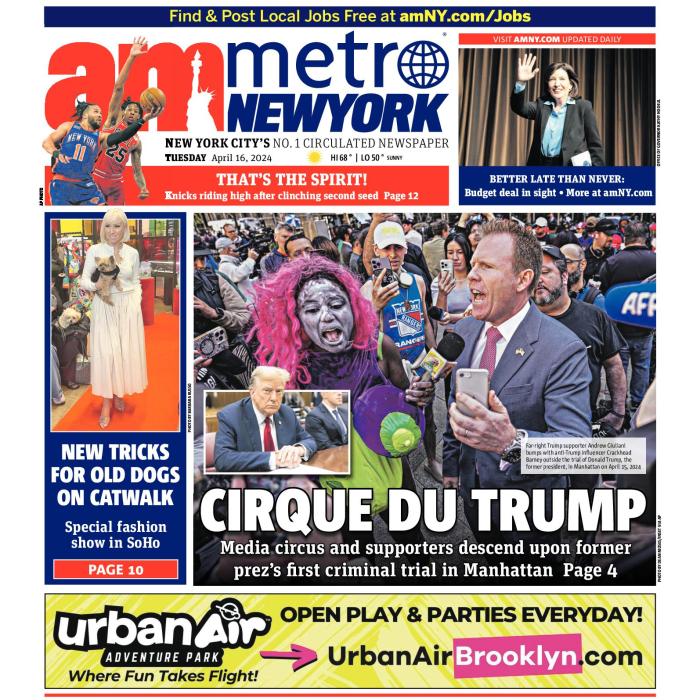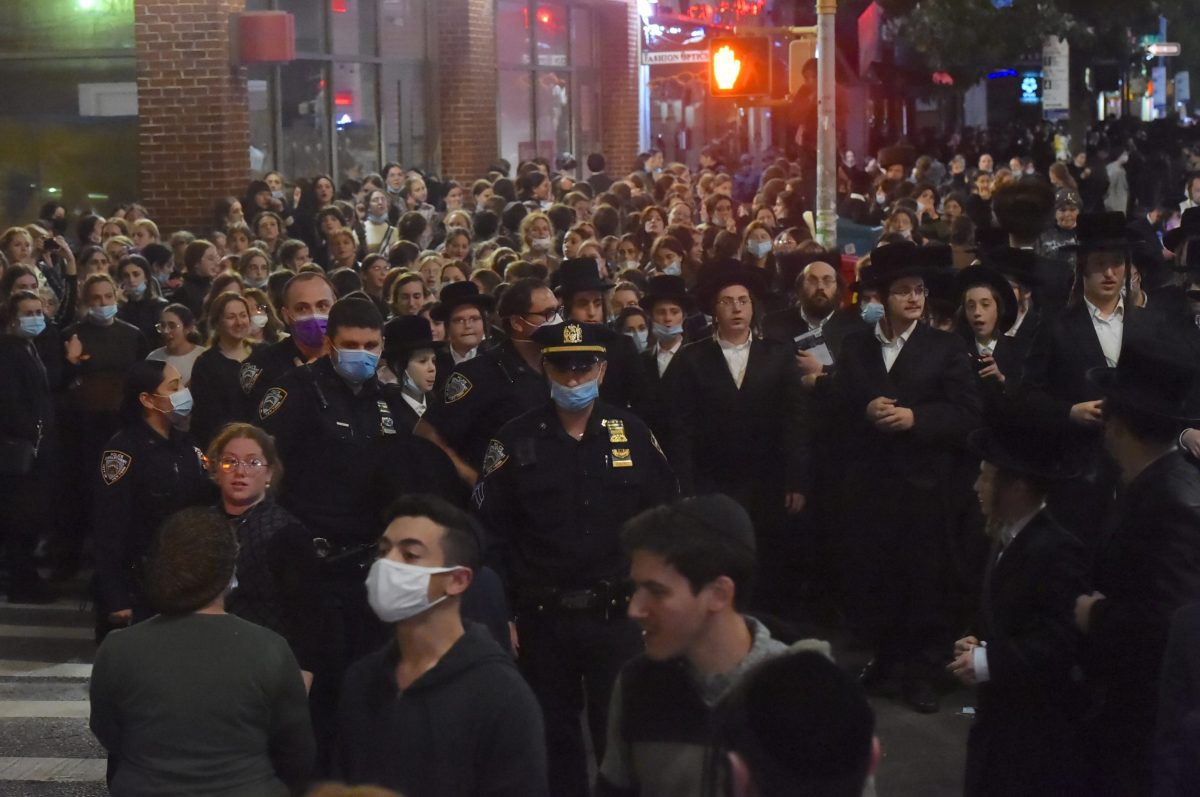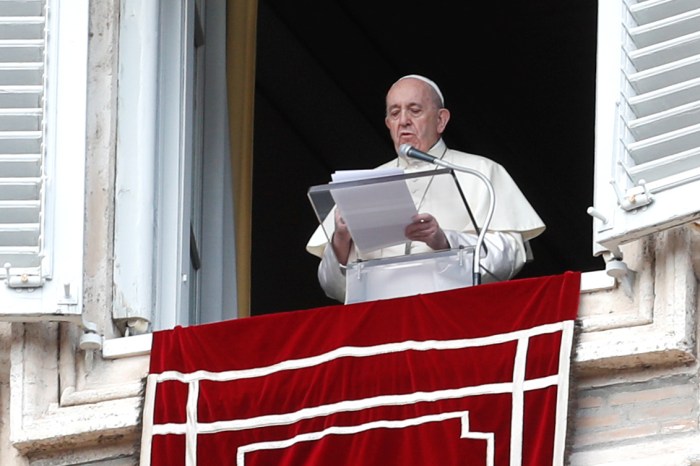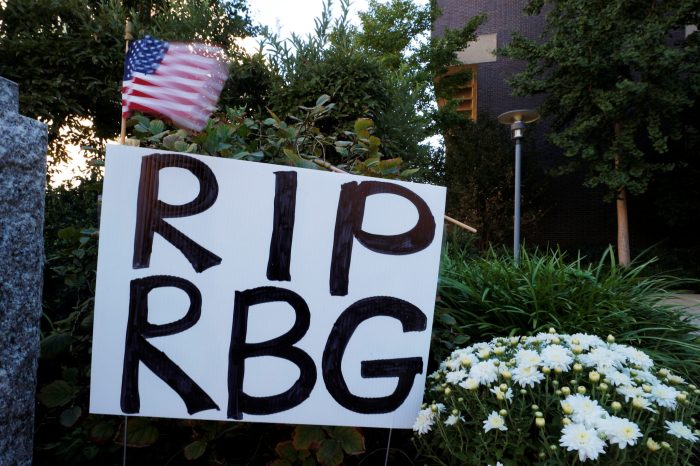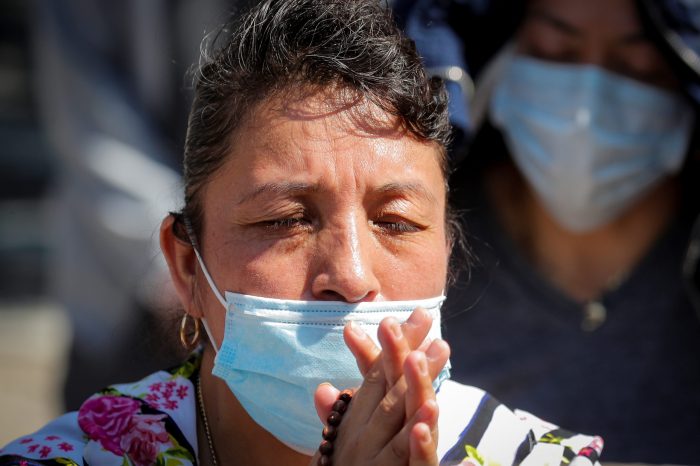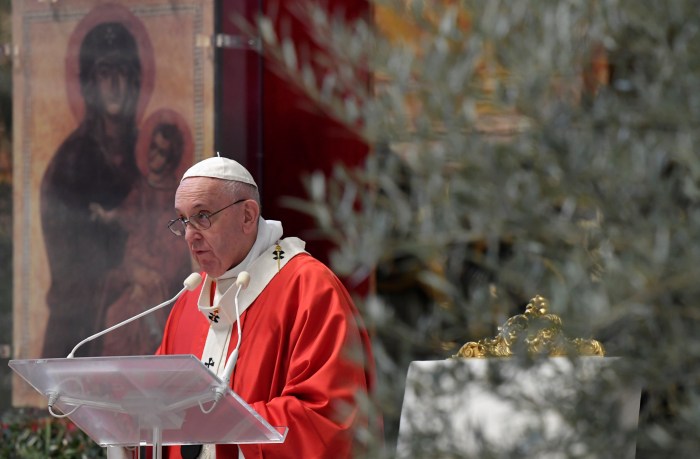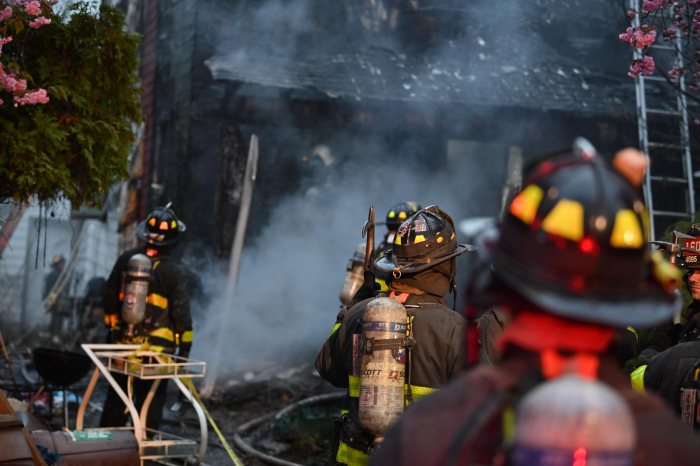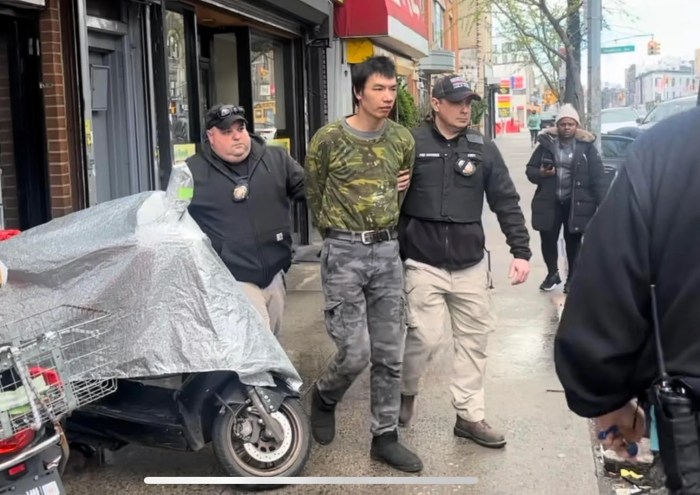In separate cases, two federal judges upheld Governor Andrew Cuomo’s executive order imposing new capacity restrictions on houses of worship within new COVID-19 clusters in Brooklyn and Queens, and other parts of the state.
Eastern District of New York Judge Eric Komitee denied the Roman Catholic Diocese of Brooklyn’s request for a temporary restraining order blocking Cuomo’s order to limit capacity at houses of worship to just 25% of the maximum, or no more than 10, in “red zones” where COVID-19 cases have grown significantly in recent weeks.
That ruling mirrored a decision issued by Eastern District Judge Kiyo Matsumoto against a group led by Agudath Israel of America, which also sought to stop the new capacity restrictions. Agudath Israel represents a number of Orthodox Jewish synagogues and yeshivas located in the cluster areas.
The diocese indicated that it would appeal the decision, while Agudath Israel’s leadership hinted that it would reassess its case after the high holy days.
Both Agudath Israel and the Diocese of Brooklyn charged that Cuomo’s executive order, which took effect on Oct. 8, infringed upon the First Amendment rights of free assembly and worship for the faithful who would be turned away from services in the designated red zones.
“Under Supreme Court precedent, the right to freely exercise one’s religion does not exempt worshippers from compliance with ‘neutral, generally applicable regulatory law[s],'” Komitee said in his ruling. “But where laws single out acts of worship for ‘distinctive treatment,’ courts must apply ‘the most rigorous of scrutiny.'”
The red zones primarily impact areas such as Borough Park, Brooklyn, home to a high number of Orthodox Jewish residents. Over the past week, residents in the community have taken to the streets to protest the restrictions, charging that Cuomo was impeding on their ability to practice their faith.
Komitee went on to note that “the government is afforded wide latitude in managing the spread of deadly diseases under the Supreme Court’s precedent” set in a 1905 ruling in the case of Jacobson v. Massachusetts. In its decision, the court declared that a “community has the right to protect itself against an epidemic of disease which threatens its members.”
Judge Matsumoto made a similar declaration in ruling against Agudath Israel: “How can we ignore the compelling state interest in protecting the health and life of all New Yorkers?”
Bishop Nicholas DiMarzio, leader of the diocese, said the churches in the affected areas would abide by the decision, but would appeal it. He views it as a fight “to vindicate our fundamental constitutional rights,” but noted that the diocese would “continue to be a model for safety in our religious community.”
“We are disappointed by last night’s initial ruling, but this is only the beginning of the case, and we expect ultimately to prevail. We are seeking what is just. And we have kept parishioners safe and will continue to do so,” DiMarzio said. “Thus, there is no reason for this latest interference with our First Amendment right to celebrate Mass together, so we will continue to press the courts and our elected officials to end it as soon as possible.”
Likewise, Rebbe Shlomo Werdiger, chair of Agudath Israel’s board of directors, issued a video statement on Twitter declaring disappointment in the court’s decision, but that the organization would seek to abide by the order while assessing the next steps.
“But rest assured that this is not the end of the fight. We will engage in further advocacy and will employ every tool at our disposal to ensure that our rights are protected,” Werdiger said. “Of course we will do our best to work advocacy, that it doesn’t have to get to litigation. … But you must remember one thing, that the danger to our health is real. We must remain safe and vigilant.”
